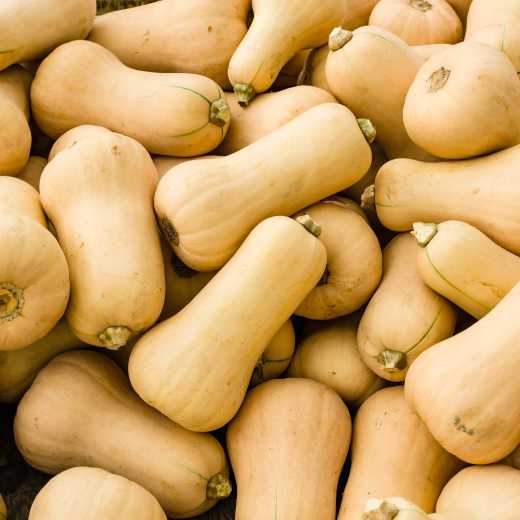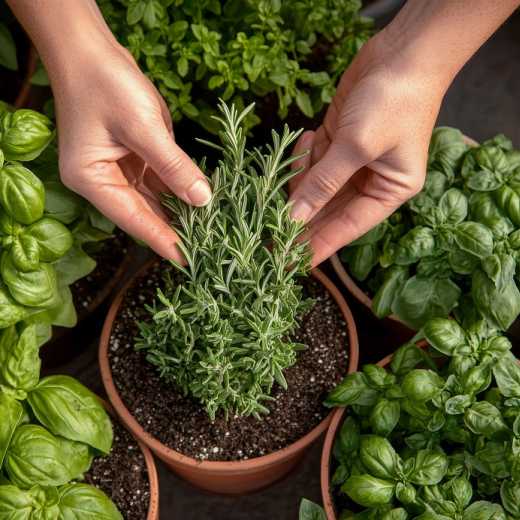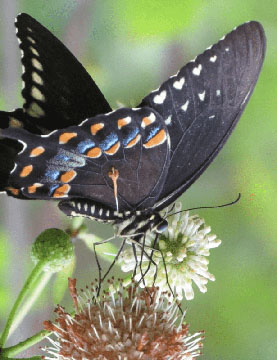Streptocarpus Make Great Houseplants
If you are looking for the perfect houseplant gift, try a streptocarpus. A mouthful I know but it is a beautiful flowering houseplant -- cousin to the African violet but with more drama. I came across several at a local garden center today and thought, “what a perfect hostess gift for a party.” It is unique, festive, and long lasting.
Native to Africa, streptocarpus also is called a Cape primrose. There are more than 135 species, and the size varies. The plants you see in the garden centers will have long, straplike leaves with tubular flowers high above the plant. However, there are some with only a single leaf that can range from a few inches to a few feet in length.
These plants need strong indirect sunlight or can be grown under fluorescent tubes. They grow best with day temperatures of 65 to 75 degrees and night temperatures between 60 and 65 degrees. They do not like heat, so be aware if you bring them outdoors in the summer along with your other houseplants they may perish. The soil should be evenly moist, but not wet. If you let the soil begin to dry out just a little bit between waterings, that would be ideal. There is specially formulated African violet soil which will work well for streptocarpus plants. They need to be fertilized with a balanced fertilizer. A balanced fertilizer has the same proportion of nitrogen, phosphorus, and potassium, the three numbers below the name of the fertilizer. You should dilute it though and periodically leach the plant by letting water run through the soil and out the drainage holes to prevent a buildup of fertilizer salts.
A streptocarpus is a type of a gesneriad, member of the Gesneriaceae family. Gesneriads are greenhouse or house plants and include the African violet, espiscia, columnea, sinningia, and aeschynanthus to name a few. All of these are great houseplants to try growing in your home.
National Garden Clubs, Inc. is a 501(c)(3) organization that aims to promote the love of gardening, floral design, and civic and environmental responsibility. There is a local club near you, click here to find one and join. Subscribe to the NGC’s blog by entering your e-mail here. You do not have to be an NGC member to subscribe. NGC welcomes blog article submissions, e-mail the Blog Administrator at blog@gardenclub.org.

 Member Login
Member Login






